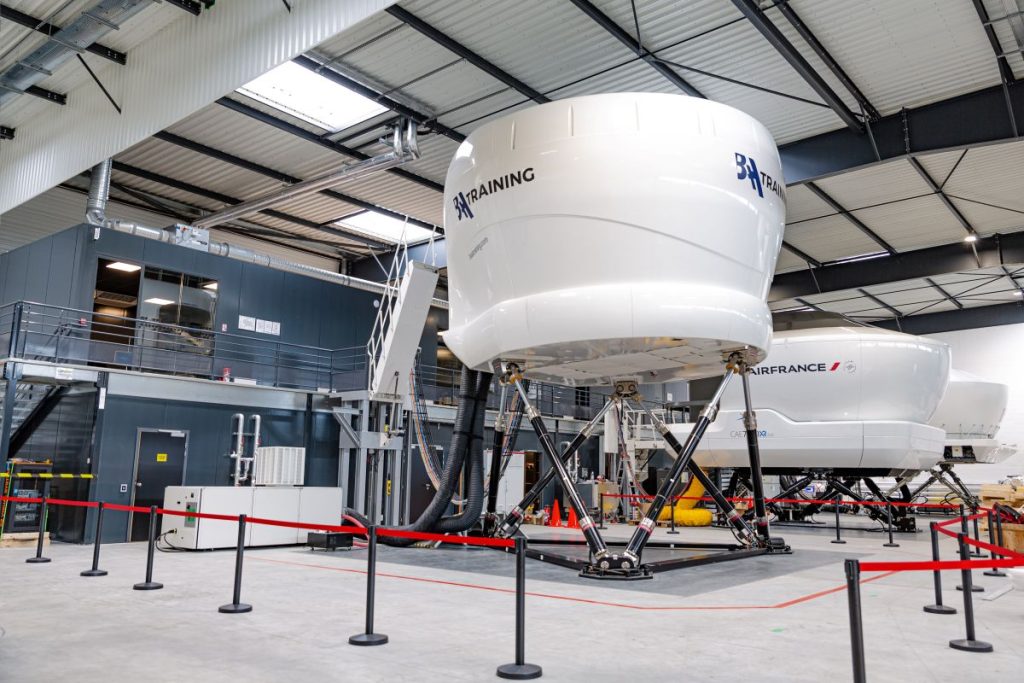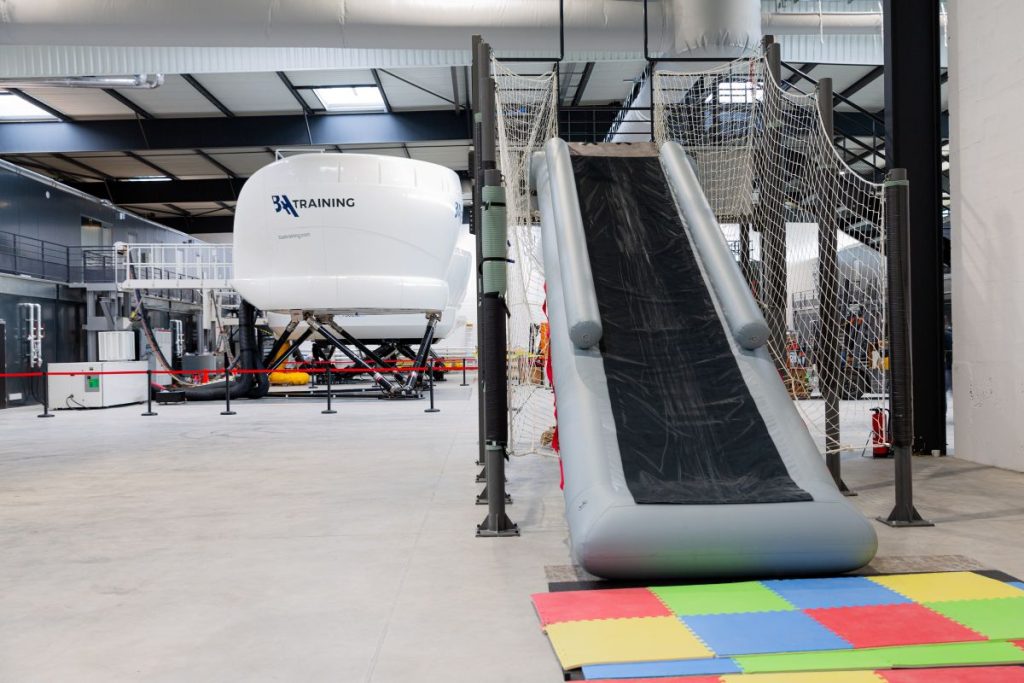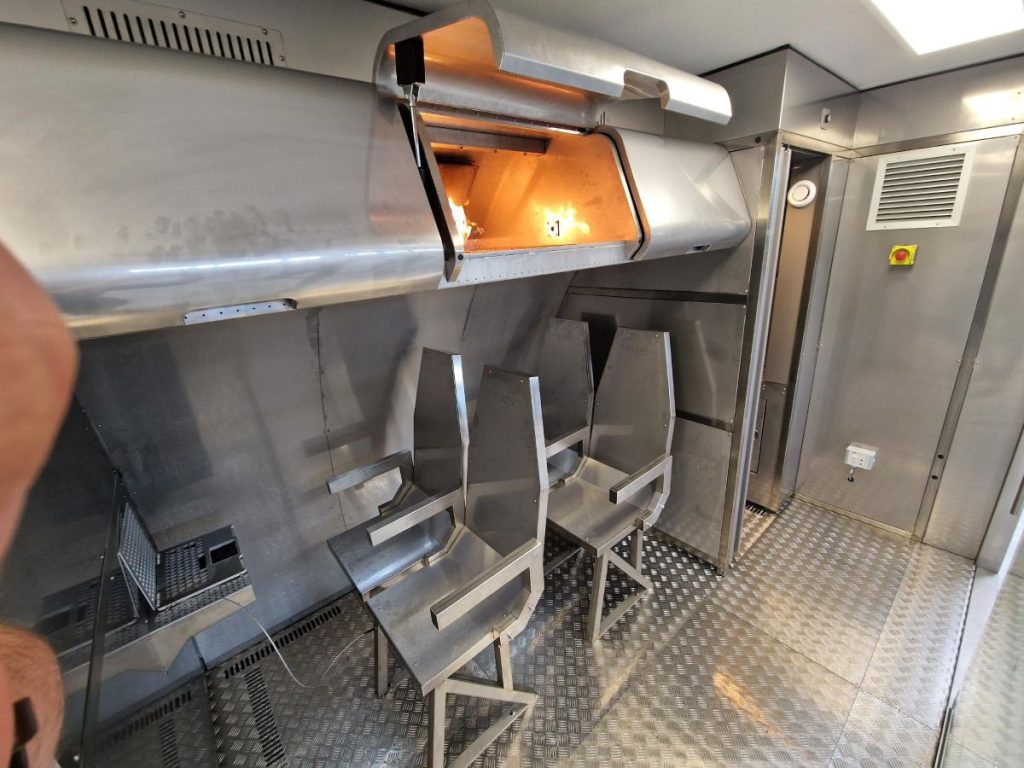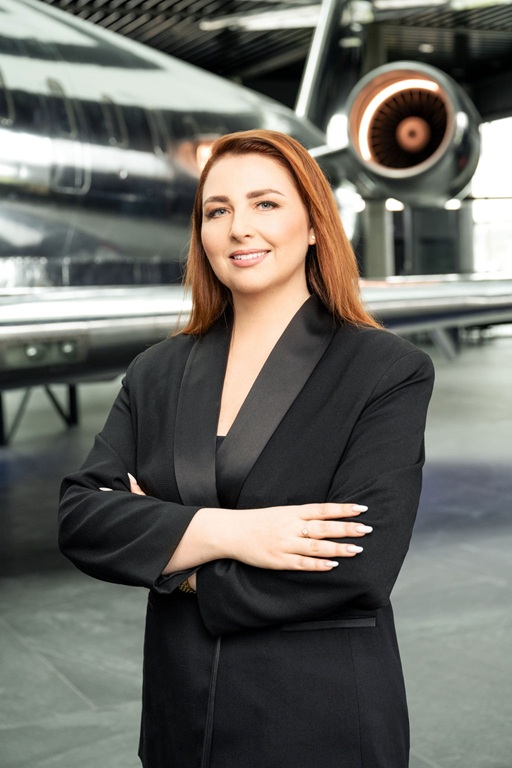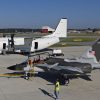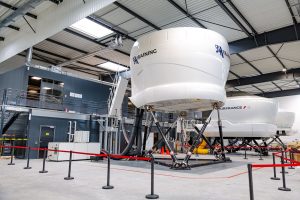 How should airlines these days assess how well a pilot operates under pressure? And what red flags should they look for during the recruitment process? Diako Rad, Director of Flight Operations, and Sandra Diaso, Head of HR, at premium VIP charter and ACMI provider KlasJet, share practical insights on pilot recruitment. This includes how to evaluate skills like communication, workload management, and decision-making, and what qualities are non-negotiable.
How should airlines these days assess how well a pilot operates under pressure? And what red flags should they look for during the recruitment process? Diako Rad, Director of Flight Operations, and Sandra Diaso, Head of HR, at premium VIP charter and ACMI provider KlasJet, share practical insights on pilot recruitment. This includes how to evaluate skills like communication, workload management, and decision-making, and what qualities are non-negotiable.
Thoroughness is the name of the game when it comes to evaluating pilots
The pilot selection process at any airline, including KlasJet, comprises multiple stages that assess a candidate’s technical skills and mindset, along with their experience, qualifications, and background.
“The first thing we look at are the necessary qualification criteria, including the number of hours and aircraft type the pilot has flown, along with medical checks and a valid licence with no more than 2 years since they last flew,” explains Sandra Diaso.
According to the airline’s Head of HR, it would be pointless to invite a person to an interview without them passing the screening phase. During the interview, recruiters should focus on learning about the candidate’s personality and to assess how they communicate. The interview should also cover aspects of cultural fit important to the airline’s specific needs.
For instance, as KlasJet operates both ACMI and VIP air chartering, team members are expected to possess specific soft skills. Because pilots are often the face of the company, they should have the ability to present themselves well.
“For our charter segment, it is important that our pilots can interact with clients – in some cases, meet and greets are an explicit part of the contract. Working with VIPs also means having a good understanding of etiquette. We recently flew high profile royalty in one of our charters, and our crew received specific training on how to interact with them. So, when it comes to our selection process, we evaluate if candidates are polite and can easily interact well with people from different cultures and social groups,” explains Sandra Diaso.
Testing technical skills in the simulator is crucial
The next stage should be a simulator session, assessing the candidate’s technical skills and performance in a variety of scenarios.
“At KlasJet, we have a team of international evaluators who are up to date with the latest practices. Our evaluators use simulator sessions, along with a written test, to double check that candidates know the basics of the craft. More importantly, in the simulator we assess their decision-making, situational awareness, and workload management,” comments Diako Rad, the company’s Director of Flight Operations.
According to him, simulator sessions are meant to be challenging and be as close to real-life situations as possible to test the candidate’s situational awareness and decision-making. One element of the simulator session is line oriented flight training, or LOFT, which simulates a real flight from A to B. Typically, there is a normal start to the flight, but then a scenario is played out, such as a systems failure or a disruptive passenger.
Evaluating Crew Resource Management skills
Crew Resource Management (CRM) is another critical aspect of the technical assessment carried out during the simulator sessions. In general there are three major elements of CRM that an airline needs to assess: leadership, team work, threat and error management. The latter especially calls for effective handling of stress.
“Candidates must demonstrate that they can manage their workload in a safe and effective manner. For the assessors, the key question is whether they remain on top of their workload at all times. Naturally, if it reaches a point where the stress starts to jeopardize safety, that is a big red flag,” explains Diako Rad.
A crucial question for the assessors is the way a candidate demonstrates ownership, and whether this is balanced with a collaborative approach.
“A good leader needs to be able to take command, but they must also have their team’s trust and respect. This is invaluable in terms of information, because if you have a team that doesn’t respect or support you, they might be unwilling to pass on critical information when you need it. So having a leadership style that is directed towards being a one-person show is a red flag,” concludes Diako Rad.
Staying current with evolving practices
Pilot evaluation is in a state of continuous development, with new technologies and practices emerging every year. KlasJet’s experts advise leveraging international networks and remaining flexible in order to keep on top of the latest hiring trends.
“Being an international company helps us keep pace with the latest trends in assessment and training,” comments Diako Rad. “Aviation is a small industry in the end, and our global network makes it easy to stay up to speed on industry developments.”
“We are constantly at pilot expos, and we keep an eye on the latest developments in the market,” adds Sandra Diaso. “We can be flexible in terms of our approach, which might mean holding more open days and experimenting with new ways to engage with candidates.”
Both experts agree that by combining an open-minded approach with clear practices for evaluating and selecting candidates, airlines and ACMI providers can ensure they have a reliable pipeline of pilots with the right skills and mindset.

